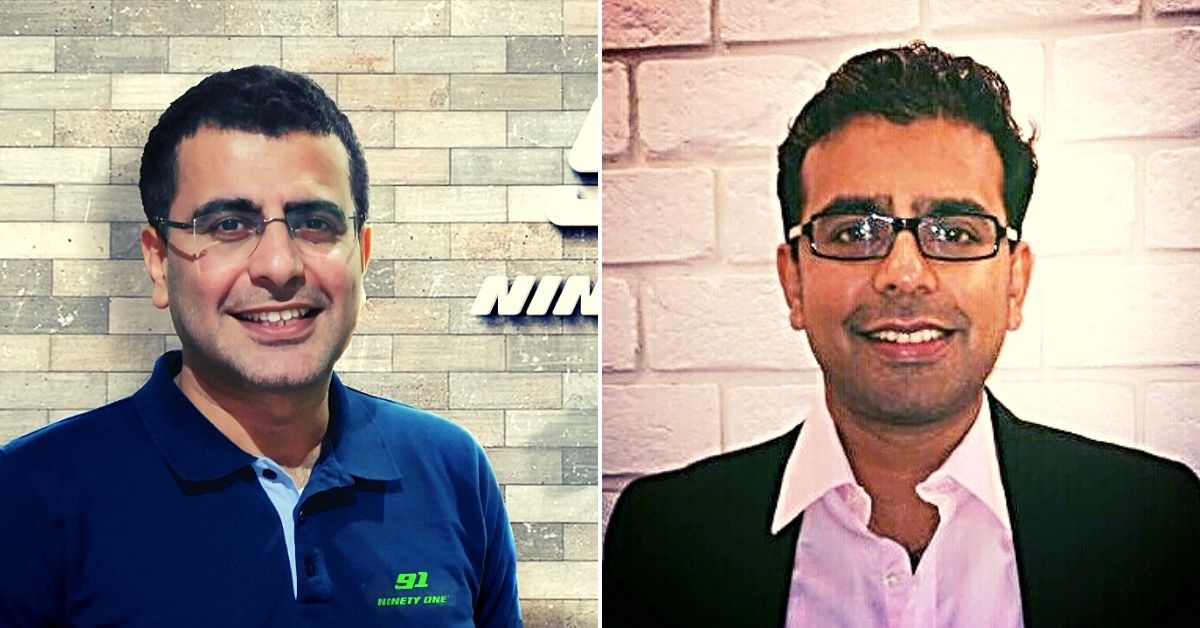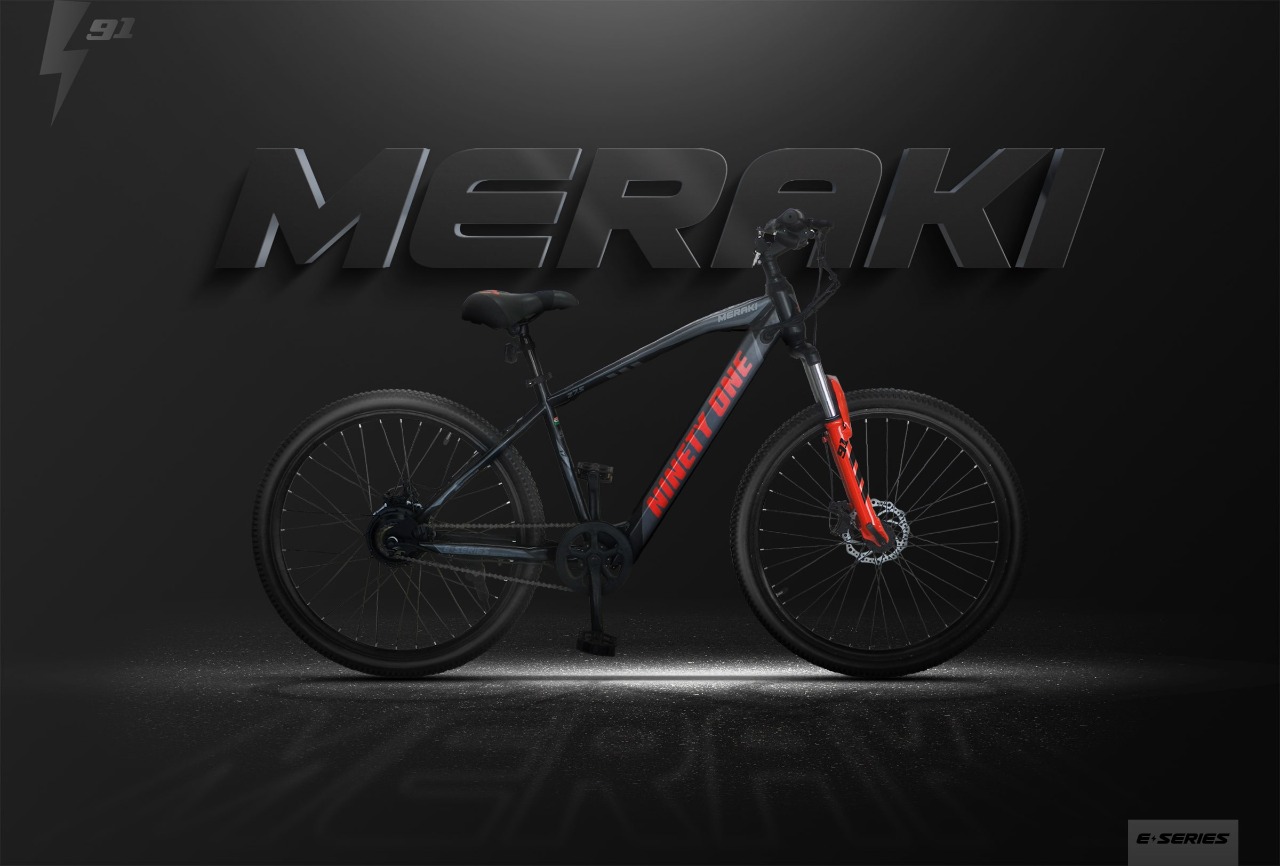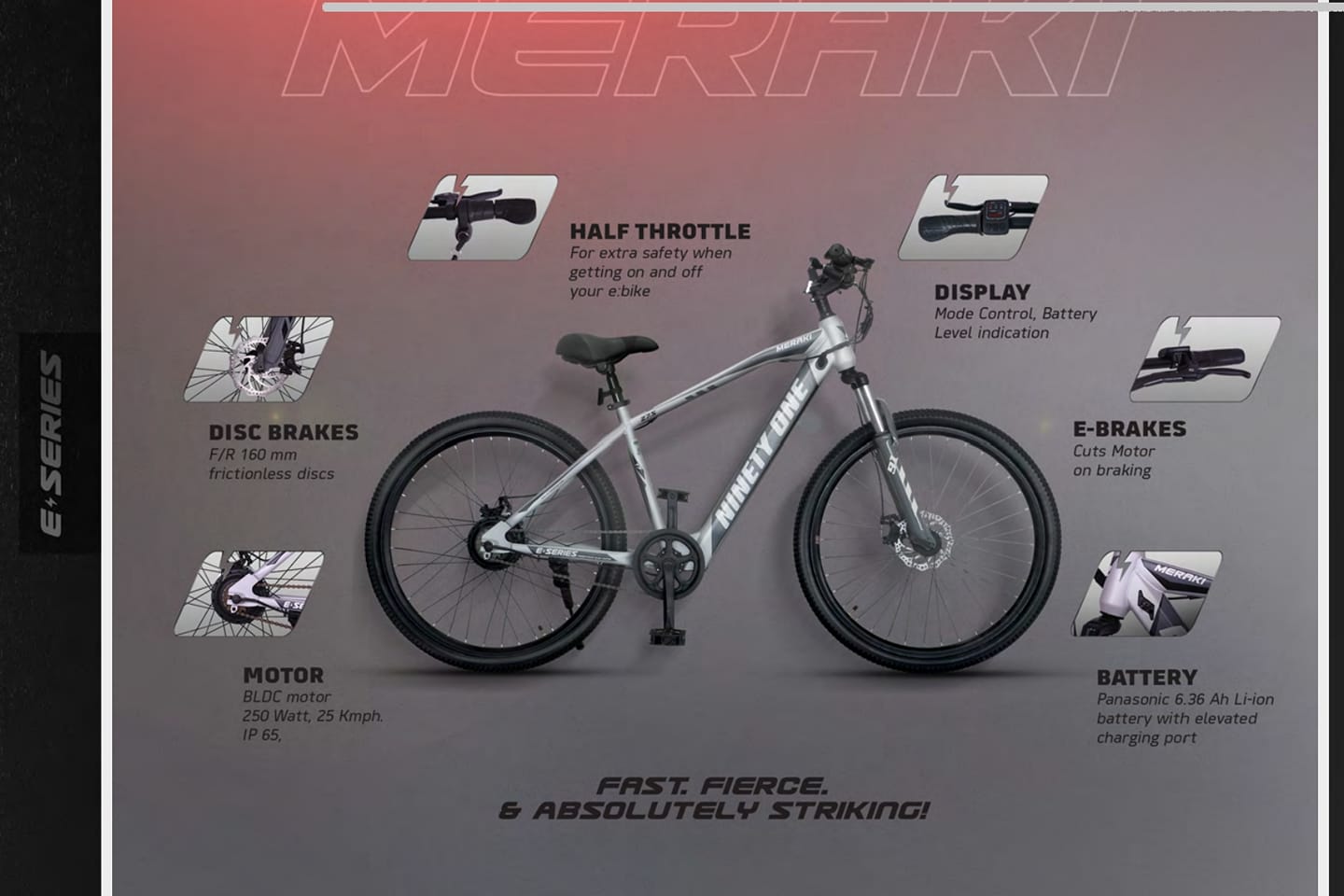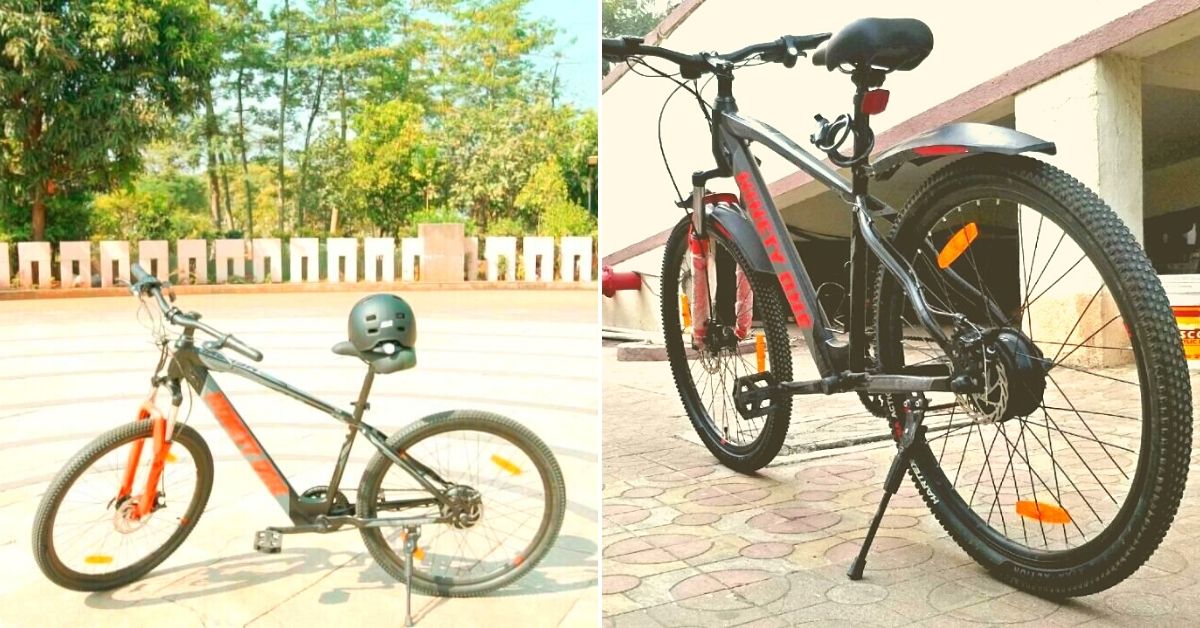Growing up in a family full of engineers in Ahmedabad, Gujarat, brothers Sachin and Vishal Chopra always knew that they would dedicate their lives to product making. After all, their family was in the business of creating some of the world’s leading fabric processing technologies. Exporting them to over 70 countries, their family firm competed with the best in the world. However, their journey would take them from Ahmedabad to the United States, where they made their mark in Silicon Valley in the early noughties obtaining three US patents in the field of microprocessor design.
Following their highly successful stint in Silicon Valley, Sachin and Vishal went on to earn their respective MBAs from The Wharton School of the University of Pennsylvania, which ranks among the best management schools in the world.
With their Wharton MBA degrees in hand, they went on to work for a series of global private equity firms before finally turning their attention to product making once again in 2015. Today, the brothers are co-founders of AlphaVector, a homegrown Mumbai-based startup, which earlier this year announced the launch of its first e-bicycle—Meraki by Ninety One—which they claim is “100% indigenously designed and engineered in India”.
“When an Indian thinks of riding a bicycle, we want the vision to be aspirational and premium and not that of riding a traditional black bicycle. The company’s vision is to introduce millennials and Gen Z to an active lifestyle, encouraging them to reclaim the outdoors and make cycling a part of their lifestyle,” Sachin, CEO, tells The Better India.

Roots, Silicon Valley and Wharton
Vishal says, “We believe our roots played a great role in helping us become what we are today. We grew up watching these massive pieces of machinery churn out and process pieces of cloth which inspired us to do something big. Coming from a family of industrialists and entrepreneurs, the DNA of innovation was passed down to us. We longed to create a great product for sustainable mobility in our country.”
After their Masters in computer engineering from Purdue University (USA) in 1999, they ventured into Silicon Valley in Sunnyvale, California. In Silicon Valley, they worked for global tech giant Sun Microsystems, where they designed microprocessors called SPARC (Scalable Processor Architecture), which were used in all of Sun’s servers at the time.
“These servers were the same which powered the businesses of eBay, Amazon and most Wall Street firms in New York. This was the time when multi-core processors were becoming mainstream and the world’s first multi-core processor, a dual-core, was made by IBM. At that time Vishal and I were leading the team that made the world’s second multi-core processor for Sun which was code named ‘Jaguar’. It was a part of this exercise that we secured three US patents in the field of high-speed microprocessor design,” recalls Sachin.
After slogging a couple of years in Silicon Valley, however, the brothers pursued their MBAs from Wharton with Sachin graduating in 2005 and Vishal a year later.
Moving Towards Electric Mobility
“As graduates from Wharton, both of us led corporate lives in Silicon Valley. However, we were always excited to pick up our bicycles and explore. While growing up we spent our time cycling outside. Unfortunately, we never saw our children leave their couches or gadgets to explore nature and breathe fresh air. Backed by a desire to see our children step outside and our collective passion for cycling, AlphaVector was born in 2015,” says Vishal.
Sentiment alone, however, wasn’t going to cut it with the brothers. They also saw a massive business opportunity in a country where 20 million bicycles are sold every year. They feel it’s a product category which has become stagnant with minimal innovation. Although bicycles are seen as mobility solutions, they felt it was never quite projected as a solution to our sedentary lifestyle, particularly in the major urban metropolises.
“Our stints in Silicon Valley and lessons from Wharton helped instill a solid business sense and an entrepreneurial spirit. That became the base of our startup’s journey to introduce the Indian bicycle ecosystem to direct-to-consumer innovation, Wharton style! My Silicon Valley experience of operating and investing combined with Vishal’s expertise as a technology guru and a strategist and our shared passion for cycling pushed us to not just build AlphaVector but venture into the e-bicycle market early on,” says Sachin.
He goes on to cite a study which notes that the global e-bike market size is projected to grow from $41.1 billion in 2020 to $70 billion by 2027 at a CAGR of 7.9 per cent.
“In India, currently, the e-bicycle segment accounts for less than 1 per cent of the total bicycle market. So, the opportunity and potential are huge,” he adds.

Meraki by Ninety One
Priced at Rs 29,999, Meraki by Ninety One is a result of an in-house effort including 15 designers with a combined experience of more than 300 years. Over a span of 15 months, their team has created Meraki from scratch, including designing, prototyping, landing on the right components and geometries.
“Most e-bicycles in the market are regular bikes that have a battery pack, motor, controller retrofitted to an existing bicycle frame. Meraki, on the other hand, is a well-researched and engineered offering at an affordable price. We have essentially designed the frame from scratch. The entire battery has been integrated into the frame of the bicycle. The e-part of the bicycle has been built on a state-of-the-art platform where we are using Panasonic battery cells with 100% safety record that gives you about 35km on a single charge (full charge in 2.5 hours), which has a life of about 2,000 charge cycles,” says Vishal.
Meraki also comes with a 250 watt, IP 65 (Waterproof ) BLDC Motor that has a top speed of 25 kmph. The lithium-ion battery with 6.36AH comes with a one-year warranty. With safety in mind, Meraki comes equipped with e-brakes with automatic brake cut off. Moreover, the key-lock switch helps avoid tampering and mischief as the bike cannot be turned on without a key. It also comes with four driving modes — Pedal Assist, Throttle, Cruise and Pedal. The throttle mode makes the e-bicycle work without pedalling like a scooter. People also don’t need a driver’s license to ride this e-bike.
“We have also added a unique display, including battery-level indication and PAS mode control and an ergonomically designed button. The charger-pin placed near the head tube is easily accessible. Built with hi-tensile steel, the frame is lightweight and strong and weighs 22 kg ensuring convenience. Apart from high-quality features, we are also aiming to introduce the Indian bicycle industry to innovation and customer-centricity. Every online purchase is mapped to a dealer offline through our 91CARES program ensuring the customer has the satisfaction of guaranteed assembly/service and a great riding experience during the lifetime of owning the bike. Customers can schedule an on-site trained technician visit for future services at their doorstep saving time, fuel and hassles,” says Sachin.

Make in India
In terms of sourcing, the startup claims that about 75% of the material is locally sourced and the rest is imported because of their non-availability in India. They obtain these “world-class” components from Taiwan and Cambodia.
“While we have a contractual facility, we are very close to announcing our first manufacturing facility in India. This will take us closer to our dream of being completely ‘Made in India’. The battery packs are made at this facility and the controllers and motors are also sourced from strategic partners. We also have a very strong supply chain of various cycle components in India. Right from battery testing, wheel building with a rear hub motor, to battery assembly, internal cabling and online testing, everything has been developed by us. The process of designing and assembling the Meraki frame is very new and complex to the Indian cycle industry, which we have pioneered and mastered,” says Vishal.
Every component in Meraki was rigorously tested, claims Sachin. The battery was tested for 5000 hours in a variety of temperatures and on different terrains across India.
“We don’t just rely on the certificates provided by manufacturers. We follow an integrated testing process, including accelerated life cycle tests, fatigue, performance in extreme weather conditions. All of our products are tested as per European e-bicycle standards independently by the team before qualifying for mass production. Meraki is tested for MTB category as per ISO standards, so it’s designed to do a lot more than city commute,” he adds.

At present, the startup founded by these ex-Silicon Valley residents, receives funding from venture capital funds Avaana Capital and Titan Capital. In the past, they have raised funds from Fireside Ventures.
“We are targeting Rs 600 crore ARR by March 2022. We are looking at expanding retail presence to 1500 retail stores and venture into accessories like helmets, shoes, apparel, bags and active lifestyle products. We are also excited about our partnership with KTM bicycles. With this partnership, we become the exclusive distributor of KTM bicycles in the Indian market. With this tremendous addition to our portfolio, we are looking to cater to the small market size of performance bikes in India, which is roughly about $100 million out of the total $4 billion bicycle market,” says Sachin.
The future for AlphaVector indeed looks very bright.
(Edited by Yoshita Rao)
No comments:
Post a Comment